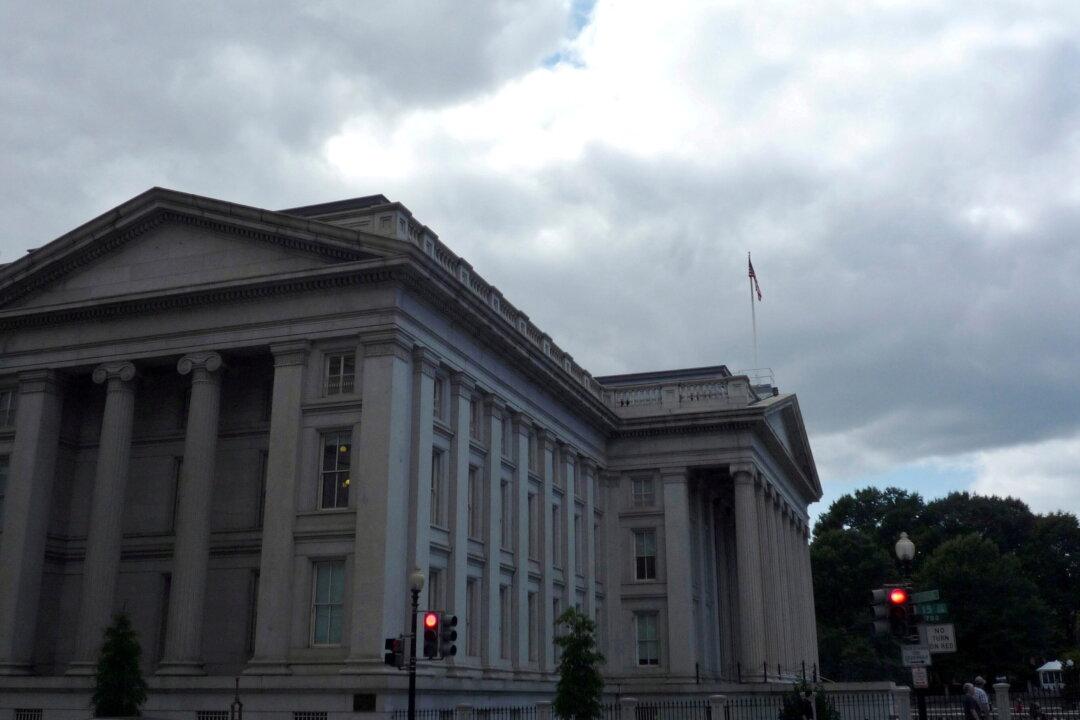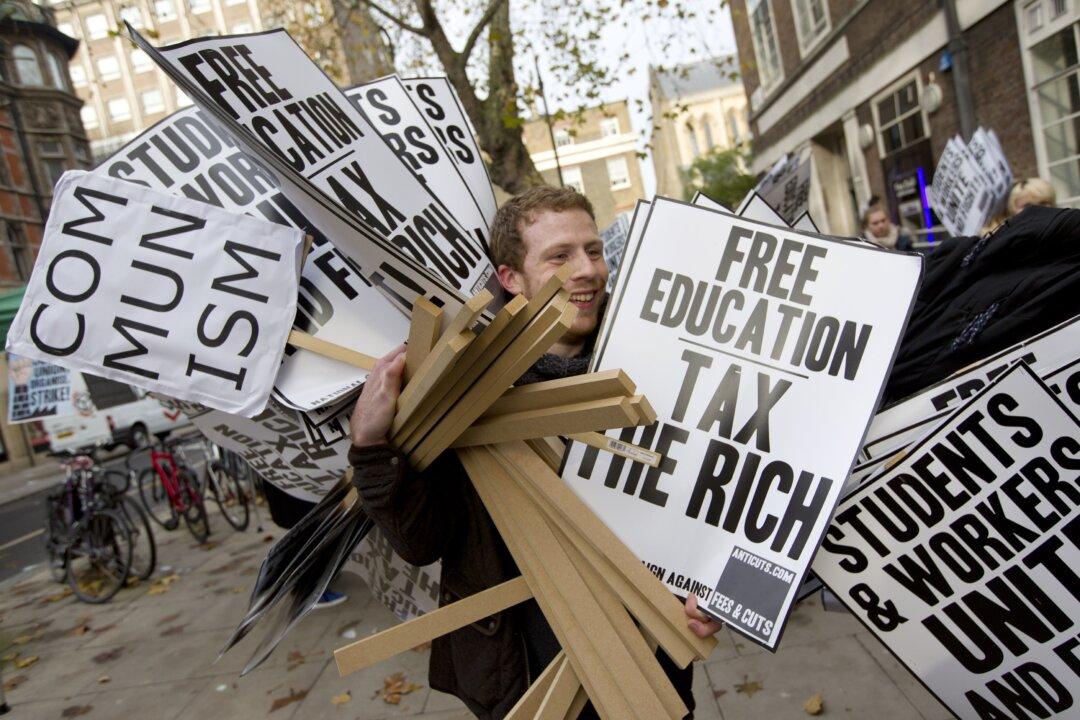Commentary
As I explained 2 1/2 years ago, the most salient feature of progressives’ Green New Deal is that it would transform our mixed economy (essentially capitalist, although partially warped by cronyism and massive government interventionism) into a command economy. In a command economy, the independence of ordinary citizens is diminished as they’re reduced to cogs in a socialist/fascist central plan. Big Government becomes more intrusive and oppressive, morphing into Big Brother.





